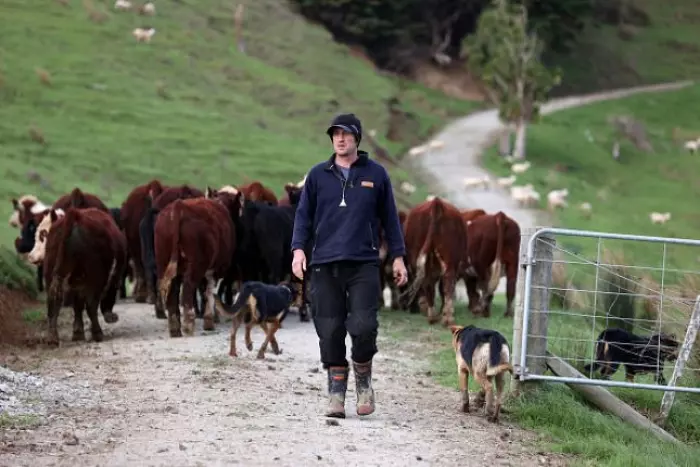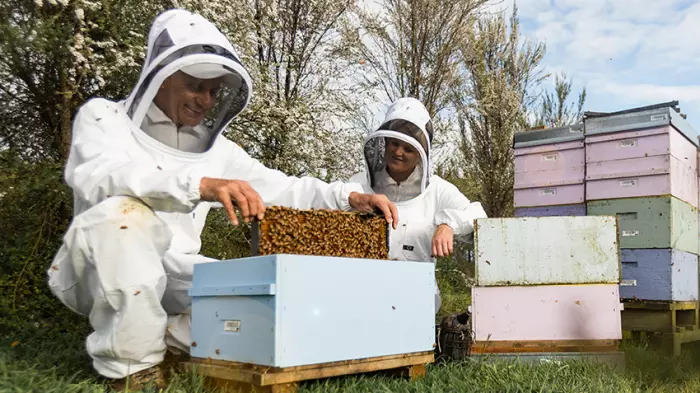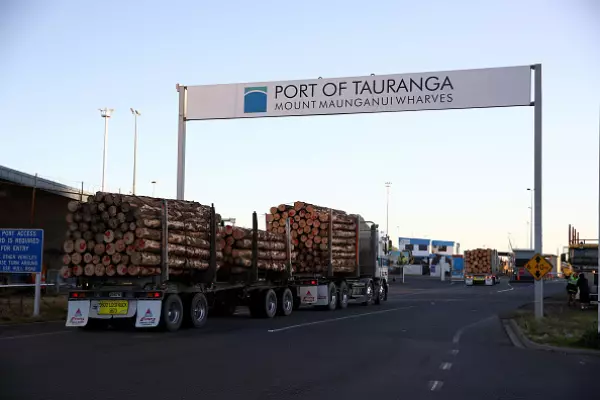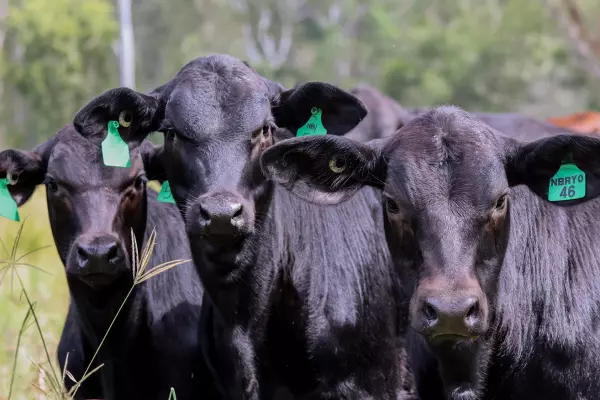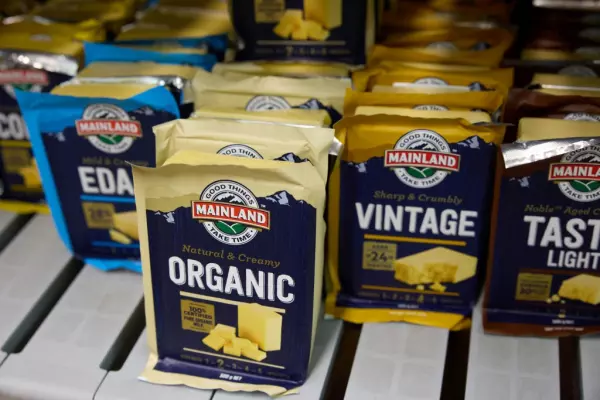BusinessNZ said some communities will be devastated by the introduction of pricing agricultural emissions.
“It is not hyperbole to claim that whole communities could become unviable through employment and population loss,” it said in a report written by senior policy advisor Mark Cox and distributed by Federated Farmers.
The current government has legislated that agricultural emissions will enter the Emissions Trading Scheme (ETS) from Jan 1, 2025, if an effective and workable alternative is not put forward.
Work on that alternative has been under way and the agriculture sector is waiting for cabinet to make final policy decisions on agricultural emissions pricing.
Earlier modelling by the government indicated the pricing could result in a 6-7% income loss to dairy farming and an 18-24% income loss in sheep and beef farming.
Uncertain
Exactly how large, and where, the employment losses will be is uncertain, BusinessNZ said.
However, based on the government scenario, “the losses will be large”.
BusinessNZ said five districts in New Zealand have more than 40% of their total employment in vulnerable upstream and downstream industries and in sheep, beef and dairy farming.
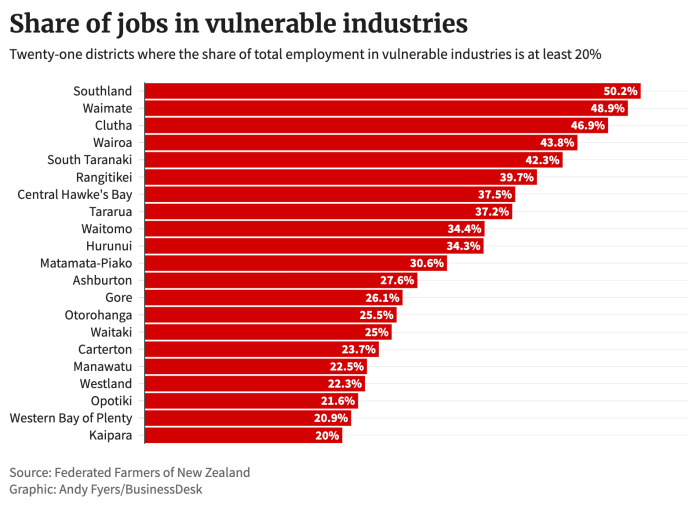
Upstream industries "critically dependent" on farming include fertiliser, vets and agricultural support services, while downstream industries include meat and dairy processing industries.
The top five are Southland, Waimate, Clutha, Wairoa and South Taranaki.
BusinessNZ estimates 54,607 jobs in the key upstream and downstream industries nationally are vulnerable, if agricultural emissions become subject to pricing.
This excludes vulnerable on-farm employment in sheep, beef and dairy farming, which, together, employ a further 44,500 people.
According to BusinessNZ, those job losses are likely to be multiplied throughout the communities, as aggregate incomes drop.
Important community service activities, such as schooling, healthcare and retailing, could become unsustainable.
Policy response
As a result, there must be a “strong policy response to mitigate the harms that will be experienced", it said.
Relying on offsetting impacts associated with alternative land uses, and the hope that remaining sheep and beef exports will attract premium prices on world markets is unlikely to secure a just transition for the communities affected.
Federated Farmers vice-president Wayne Langford said the report underlines why the government needs to think very carefully about the timing, structure and impact of any move to price agricultural emissions.
"We need to make sure we get the settings right to protect the viability of our rural communities and our economy. If we don’t, we will just end up exporting jobs and emissions instead of meat and milk, and the planet will be no better off for it," he said.


